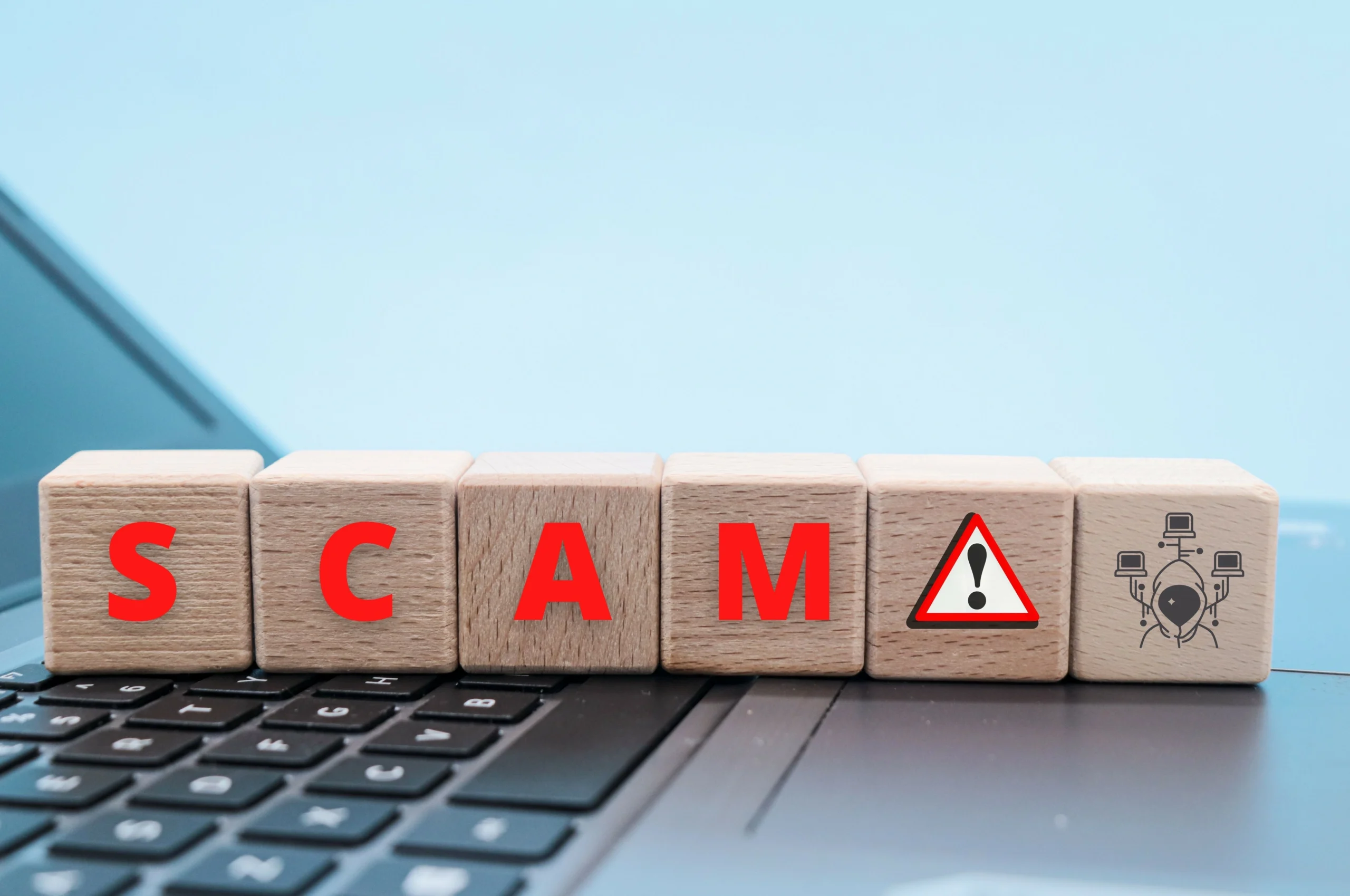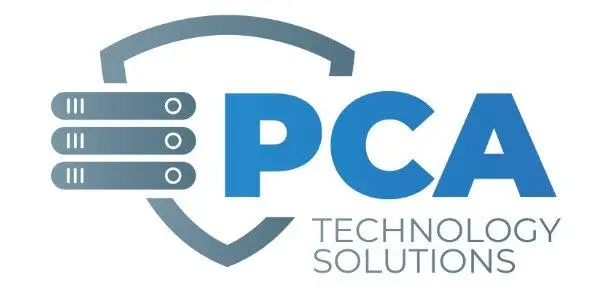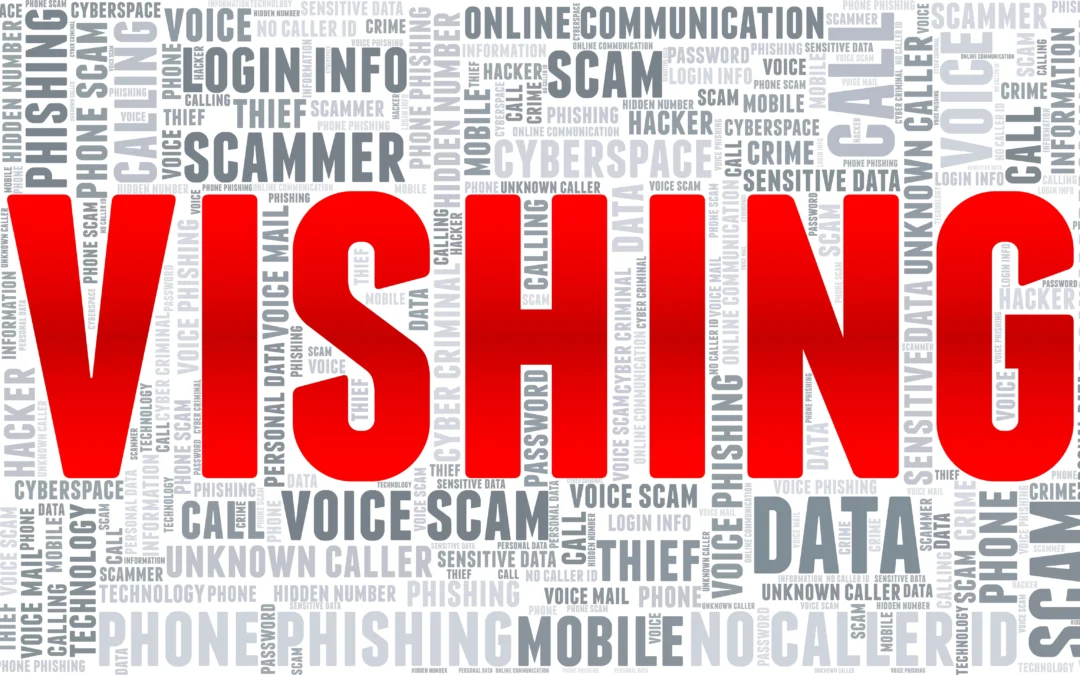Vishing: The Dangers You Need To Know
Vishing
Vishing is a type of phishing attack that uses voice calls or VoIP to trick victims into giving away personal information or financial data.
The attacker pretends to be from a legitimate organization, such as a bank or government agency, and uses scare tactics to convince the victim to hand over sensitive information.
In many cases, the attacker will spoof the caller ID to make it look like they are calling from a legitimate number. They may also use personal information that they have gathered from other sources, such as social media, to make the call seem more credible.
Vishing attacks are becoming more common as VoIP technology becomes more widespread. It is important to be aware of the dangers of vishing and to know how to protect yourself from these attacks.
In this article:
- What is vishing?
- How does vishing work?
- What are the dangers of vishing?
- How can you protect yourself from vishing attacks?
- Common methods and scams
- How can you report a vishing attack?
- What should you do if you think you’ve been a victim of vishing?
- To wrap things up
What is vishing?
Vishing, also known as “voice phishing,” is a type of social engineering attack that uses voice calls or VoIP (voice over IP) technology to gain access to sensitive information or financial data.
The attacker pretends to be from a legitimate organization, such as a bank, a vendor you use, or even the IRS, and uses scare tactics or promises of rewards to convince the victim to give up confidential information. This can include passwords, account numbers, credit card numbers, and other sensitive data. The attacker may also use information they have gathered from other sources, such as social media, to make the call seem more credible.
How does vishing work?
While most people know by now not to click on suspicious links in phishing emails or texts messages (i.e. “smishing“), they’re not always as careful over the phone. Vishing attacks are typically initiated over the phone or through a VoIP service such as Skype.
The attacker will typically use a spoofed caller ID or a known contact number in order to make the call appear legitimate. They may also use automated voice recordings to mimic a customer service representative and make the call seem more convincing.
The attacker will then attempt to gather personal information from the victim by asking questions or providing false information.
For example, they may tell the victim that their bank account has been compromised and that they need to provide certain information in order to verify the account. Once the attacker has the information they need, they can use it to gain access to the victim’s accounts or to commit other forms of fraud. In many cases, they may even threaten the victim with legal action if they do not comply.
What are the dangers of vishing?
The main danger of vishing is that the attacker is able to gain access to sensitive information or financial data. This can include passwords, account numbers, and credit card numbers, which can then be used to gain access to the victim’s accounts or to commit other forms of identity theft.
Additionally, vishing attacks can be used to install malware on the victim’s computer or device, allowing the attacker to gain control of the device and access any data stored on it.

Common vishing methods and scams
Voice phishing attackers will attempt to create a sense of urgency and/or a fear of authority to use as a leverage against the victims to convince them to give the scammers money and/or access to personal data. They often will threaten the victim with negative action if the victim hangs up the phone before complying with the scammer’s request.
-
-
- Imposter scammers
- IRS – threatens police action if information isn’t provided or money isn’t paid
- Romance – scammer poses as an old flame or love interest on a dating app in need of emergency financial assistance
- Tech support – scammer claims there’s a serious virus or other urgent tech issue in order to gain access to victim’s computer
- Debt relief and credit repair scams
- Business and investment scams
- Charity scams
- Auto warranty scams
- Parcel scams
- Kidnapping scams
- Imposter scammers
-
How can you protect yourself from vishing attacks?
The best way to protect yourself from vishing attacks is to be aware of the signs and to never give out sensitive information over the phone or through a VoIP service.
It is important to remember that legitimate organizations will never ask for confidential information such as passwords or account numbers over the phone. Additionally, you should never follow any links or open any attachments contained in unsolicited messages or emails.
Typical Signs of Vishing Attacks:
-
-
- A frantic sense of urgency or threat of any kind are huge red flags.
- The caller asks you to verify personal information, such as your Social Security number, bank account number, or credit card number by asking you to provide the number.
- Resolving the issue in question may involve making instant cash transfers in order to receive a prize or avoid a penalty. Requiring you to purchase gift cards to pay is a giant red flag.
- The caller becomes aggressive or threatening if you hesitate to comply.
-
How can you report a vishing attack?
If you believe that you have been the victim of a vishing attack, you should report it to the relevant authorities immediately, including your local police department and the appropriate government agency in your state and/or your financial institution. You should also contact your phone provider to ensure that they are aware of the attack and that they can take appropriate measures to protect you from future attacks.
What should you do if you think you’ve been a victim of vishing?
If you think you may have been a victim of vishing, it is important to take the following steps:
-
-
- Do not use the same phone the scammer used to call you to call your financial institution, or to call back the institution you think is a scam call.
- Contact your financial institution or other relevant authorities to let them know about the attack.
- Change any passwords or PINs that may have been compromised.
- Monitor your accounts for any suspicious activity.
- Install anti-virus software on your computer and regularly update it.
- Be extra vigilant when receiving calls or unsolicited emails.
-
To wrap things up
Vishing is a type of phishing attack that uses voice calls or VoIP to gain access to confidential information or financial data.
Although the attacker may appear to be from a legitimate organization, they are actually trying to gain access to your personal information. It is important to be aware of the dangers of vishing and to take steps to protect yourself from these attacks.
Additionally, if you think you may have been a victim of vishing, you should report it to the appropriate authorities.
It’s very hard to stay current with all the ways scammers are working to make you a victim. PCA Technology Solutions can partner with your organization to coach your employees on how to protect themselves and your institution from vishing, phishing, and smishing attacks, as well as manage your data to protect it from attacks. Contact us today to learn more.

